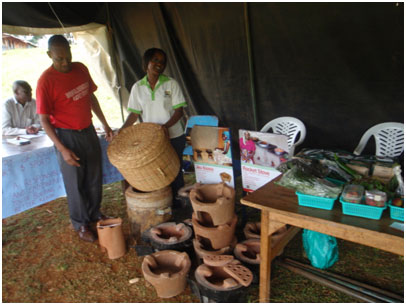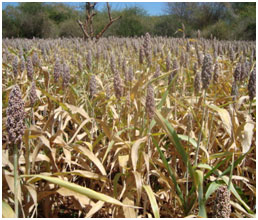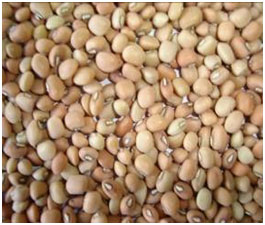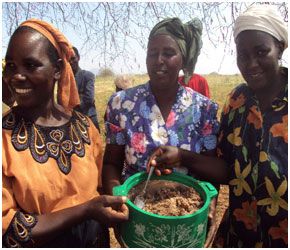by: Floridah Kagendo, WEDO CBD COP11 Representative/ Crop Development Officer, Ministry of Agriculture, Kenya
Over many generations, women have been charged with the responsibility of feeding their families with nutritionally rich and balanced foods. Nature has dutifully provided these foods, but over time, the production has been declining. Women collect firewood in the forests, draw water from streams whose source is the forest and rely heavily on the same forests to provide food for their families and livestock. They have continuously cultivated farms without replenishing the nutrients or conserving the soils and consequently yields have been declining forcing women to re-think their strategies. It is with this in mind that women, mostly from rural areas, in collaboration with the Ministry of Agriculture, Kenya decided to come up with measures to promote sustainable use of biodiversity so that even future generations can benefit from their use in line with Aichi Biodiversity Goal D, Target 14: By 2020, ecosystems that provide essential services, including services related to water, and contribute to health, livelihoods and well-being, are restored and safeguarded, taking into account the needs of women, indigenous and local communities, and the poor and vulnerable.
This is a story of how having worked in Mwingi, I have seen women’s livelihoods transformed after they decided to take proper care of the environment and conserve biodiversity.
Mwingi is a semi-arid town in Kenya, receiving less than 400mm of rainfall annually. The rainfall is often poorly distributed in space and time and therefore mostly inadequate for a good crop. Consequently, this has often resulted to frequent crop failures and made households suffer food insecurity. The people have had rely on relief food, and relief water at times!, as the situation is sometimes severe.
The rural women in collaboration with the Ministry of Agriculture decided on several measures to address food insecurity and conserve environment.
Embrace use of modern energy saving technologies such as Jiko Kisasa (uses 1-2 pieces of firewood), Rocket Stove (uses 2 pieces of firewood) and fireless cooker which is a fireless way of cooking food ,as its done in an insulated basket.
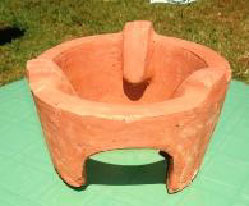
Jiko Kisasa- a energy saving cooker that is inbuilt at the kitchen fireplace. It uses 2-3 firewood instead of the traditional cookers that use a lot of firewood
Below: Floridah and a collegue displaying the various kinds of energy saver cookers that rural women are embracing to reduce consumption of firewood, during an exhibition
Plant drought tolerant crops such as sorghum, millet, cowpeas, cassava etc which would withstand arid conditions.
Value- add the Drought Tolerant Crops such as millet, sorghums, green grams, cowpeas, cassava so that the rural communities accept them as food as mostly people had negative attitude towards them viewed them as poor man’s food. This has reduced pressure on other foods such as maize.
Start tree nurseries which would act as sources of trees for farmers wanting to plant trees afresh or carry out afforestation.The nurseries are done by groups and each member of a group is expected to have a minimum of 10 various kinds of trees in their own farms before selling to other people.
Start multi-storey kitchen gardens in women living in small pieces of land, which provides vegetables for household consumption. This has tremendously reduces pressure on household finances while enabling women to attend to other duties.


